Singapore
U.N-defined country
Explore all Articles
filter by–Region
filter by–Country
search by–Keyword
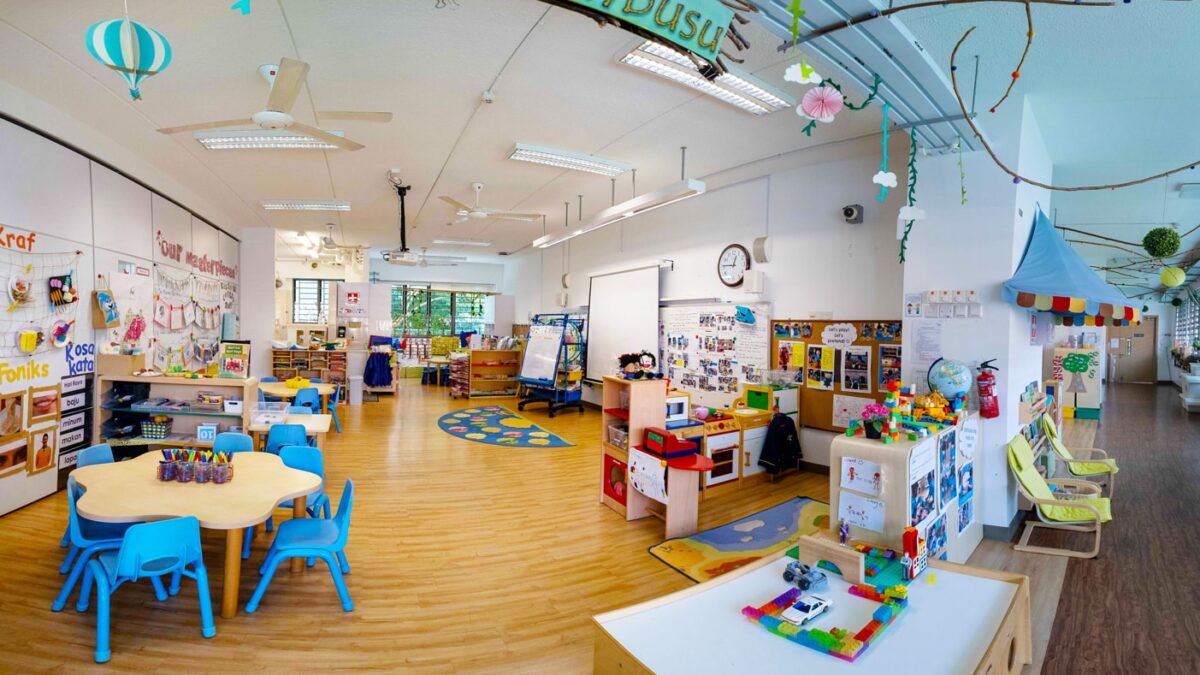
Preschools for the People: An Examination of Singapore’s Early Childhood Education Landscape (Part 1)
11.8.21
In this two-part series, students from Roosevelt Network@Yale-NUS College delve into Singapore’s early childhood care and education (ECCE) landscape. They draw upon expert interviews and careful study of existing government policies to unpack issues surrounding quality and access in the sector. In this first article, the authors argue that while the government has made significant strides in uplifting and standardizing ECCE provision in recent years, there remains room to tighten minimum quality standards. Effort also needs to be made to correct the societal undervaluation of ECCE jobs, providing professionals in the sector with remuneration and recognition that reflects the vital role they play in child development.

Looking Beyond POFMA to Combat Fake News and Misinformation in Singapore
10.24.21
Ryan Chua argues that Singapore cannot rely solely on hard regulations like the Protection from Online Falsehoods and Manipulation Act (POFMA) to address the proliferation of fake news. He assesses how information is being consumed and disseminated in this new age of heightened populism, before evaluating alternative approaches that could be taken in Singapore. He advocates for softer but more experimental approaches that may not necessarily yield immediate results in the short-term but bode well towards building institutions and technology we can trust in the long-term.
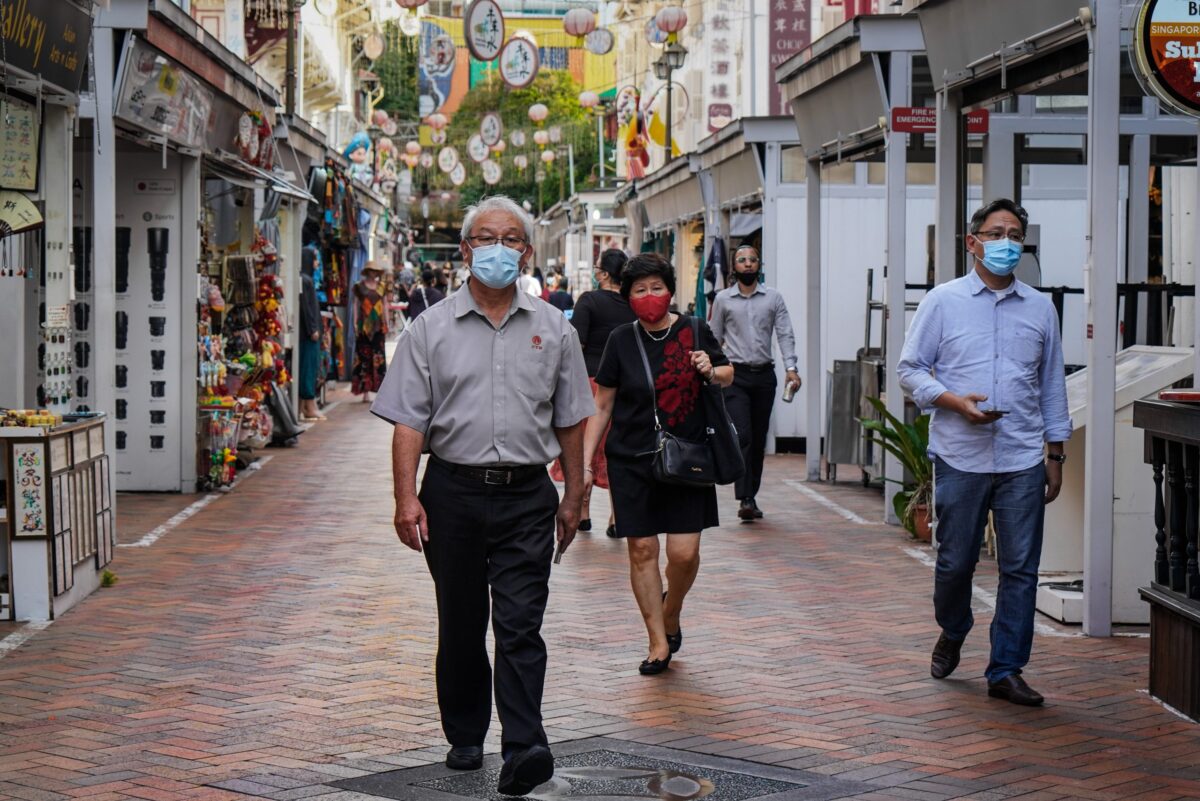
Rethinking What We Owe Each Other
08.13.21
Jane Loo and Yasmine Wong examine our moral obligations to one another during COVID-19. They discuss the importance of social responsibility and how it maps onto the provisions and shortcomings of existing tracking technologies used to curb the spread of the virus. From the angle of beneficence—acting for the benefit of others and the common good—they explore possibilities for our control strategies and the community going forward.

[Reading Group] Collective Summary #4: Tying It Up — Truth & Regulation, Privacy & Power, Smart Nation & Cyber Leadership in ASEAN
06.7.21
The following is the last of four collective summaries published by the Singapore Policy Journal’s reading group on Digital Technology. Each collective summary is a product of the topics discussed and the various research directions of the members of the reading group. The reading group comprises various individuals from multiple backgrounds, providing a multidisciplinary approach […]
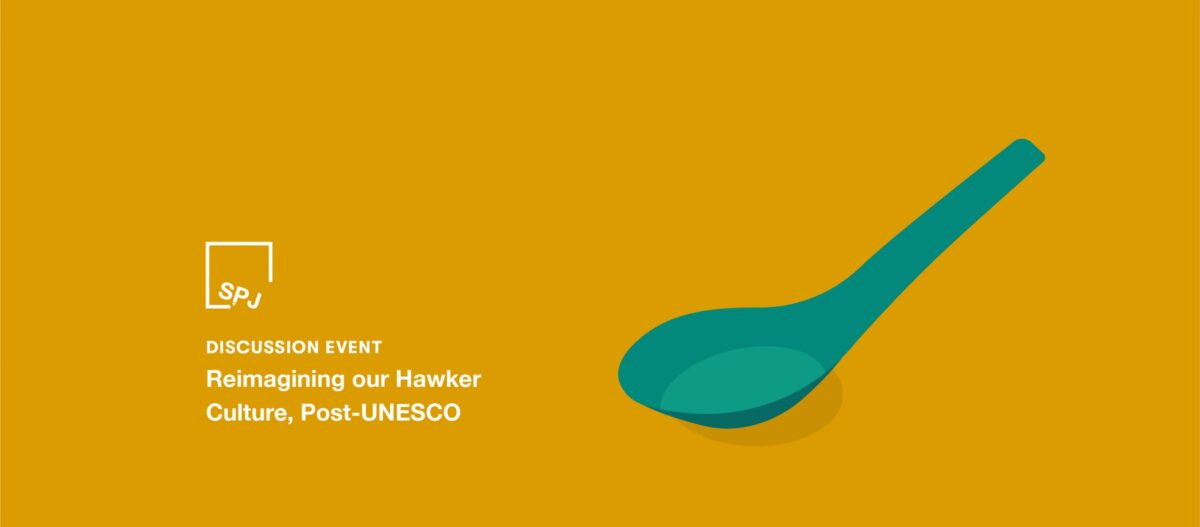
[Discussion Event] Reimagining Our Hawker Culture, Post-UNESCO
05.24.21
In December 2020, Singapore’s hawker culture was added to the United Nations Educational, Scientific and Cultural Organisation (UNESCO) Representative List of the Intangible Cultural Heritage of Humanity, reflecting its immense value to Singaporean culture. Nationwide conversations on key concerns and questions relating to Singapore’s hawker culture were revitalised. What is our hawker culture? As older […]
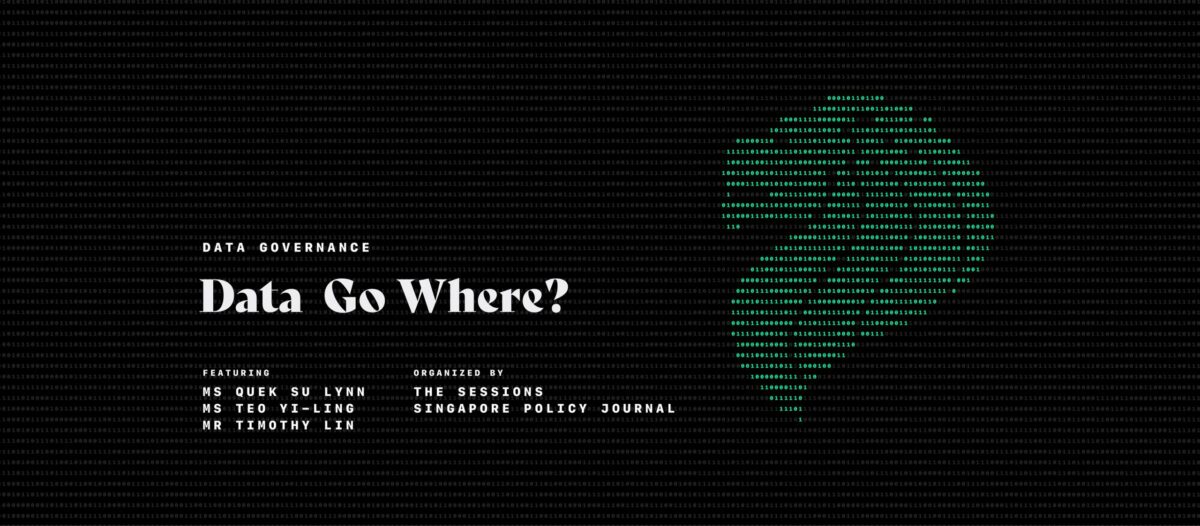
[Discussion Event] Data Go Where? Data Governance in Singapore
04.27.21
On March 25, the Singapore Policy Journal hosted its second virtual event of the Spring 2021 semester in collaboration with The Sessions from the NUS University Scholars Programme, titled “Data Go Where? Data Governance in Singapore.” The event included a short small-group pre-event discussion followed by a speaker panel featuring Quek Su Lynn (Director, Government Data Office), Yi-Ling Teo (Senior Fellow, Centre of Excellence for National Security at RSIS), and Timothy Lin (Co-Founder, Cylynx). In both the discussion and the Q&A with the speakers, a variety of ideas were discussed regarding data governance, and the participants were introduced to private and public sector perspectives of some of the challenges that consumers, companies, and the government face in a field that seems ever-growing.

[Reading Group] Collective Summary #3: Regulating Digital Technology — Challenges & Trade-offs
04.21.21
The following is the third of four collective summaries published by the Singapore Policy Journal’s reading group on Digital Technology. Each collective summary is a product of the topics discussed and the various research directions of the members of the reading group. The reading group comprises various individuals from multiple backgrounds, providing a multidisciplinary approach […]

[Reading Group] Collective Summary #2: The Foundations of Trust in a Digital Society
04.4.21
The following is the second of four collective summaries published by the Singapore Policy Journal’s reading group on Digital Technology. Each collective summary is a product of the topics discussed and the various research directions of the members of the reading group. The reading group comprises various individuals from multiple backgrounds, providing a multidisciplinary approach […]

In TraceTogether We Trust: Singapore’s Challenge with Data Governance and Ethics
04.2.21
Sarah Anderson and Lionel Oh highlight existing gaps in Singapore’s current legislative and bureaucratic structures for managing data and digital technology. They argue that these concerns extend past any single product or incident; because of the importance of building public trust in the government’s use of digital technology, transparency, privacy, and other ethical considerations should be a fixture of technology policy. The authors also provide recommendations on how these data ethics concerns might be addressed through augmented workstreams which introduce procedures and safeguards for government technology.
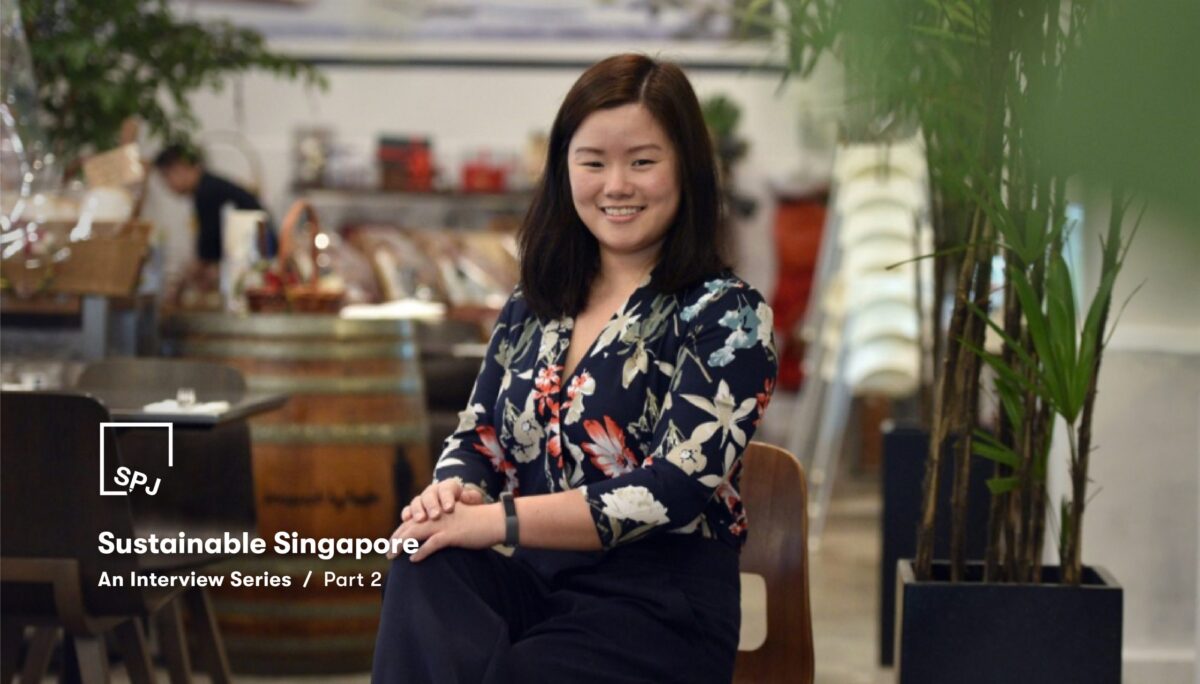
[Sustainability Series] An Interview with Melissa Low: Part Two
03.28.21
In the second part of SPJ’s interview series on sustainability, we continue our conversation with Melissa Low, a research fellow at the Energy Studies Institute at the National University of Singapore (NUS), this time focusing on the broader global context and Singapore’s role in it. In light of recent global milestones in climate policy, Melissa shares with us about how they influenced her work in Singapore, as well as her well wishes for Singapore’s climate policy.

[Reading Group] Collective Summary #1: Do Citizens Dream of Smart Cities?
03.22.21
As the prevalence of digital technology looks set to become a mainstay in Singapore’s smart nation ambitions, what benefits and costs can we expect? What kind of future will that create, and what are some societal issues that must first be recognized and resolved before accepting such a future?
In the first of four collective summaries following SPJ’s reading group, Jonathan Cheng reviews the topics discussed in the inaugural session. The summary details the takeaways from the group, which comprises student participants from a range of academic backgrounds.
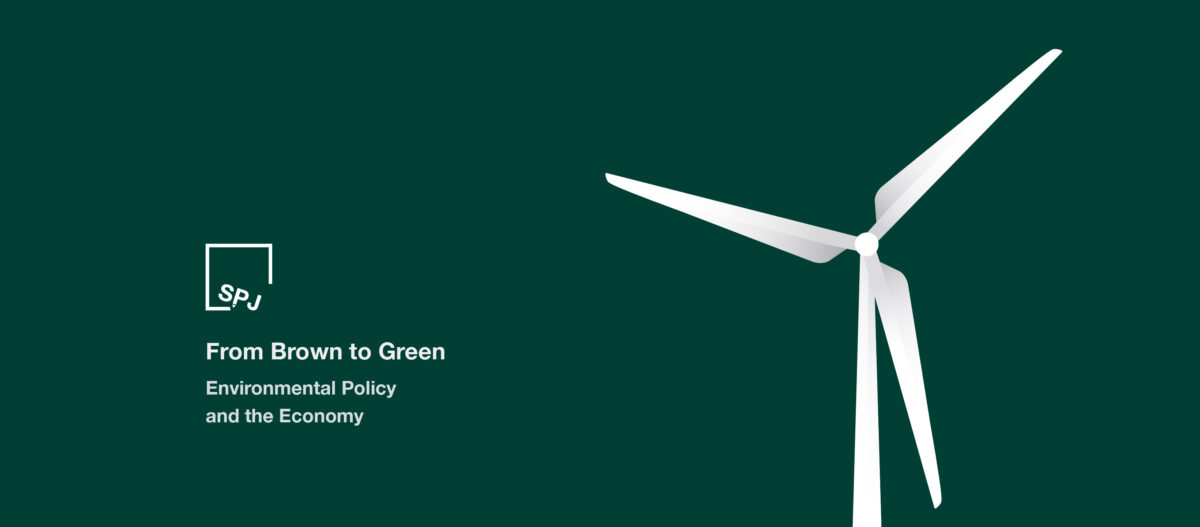
[Discussion Event] From Brown to Green: Environmental Policy and the Economy
03.19.21
On March 13th, SPJ hosted its first virtual discussion of the Spring semester. It was motivated by the announcement of Singapore’s Green Plan 2030, a cross-ministry initiative promoting ‘sustainable development’ in the city-state. In light of this, the discussion centered around the tensions and tradeoffs between the environment and the economy.